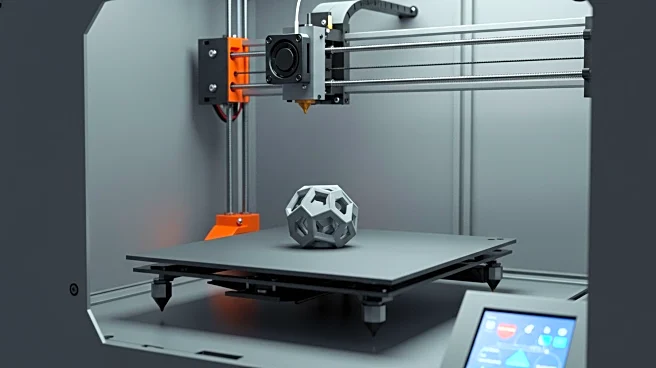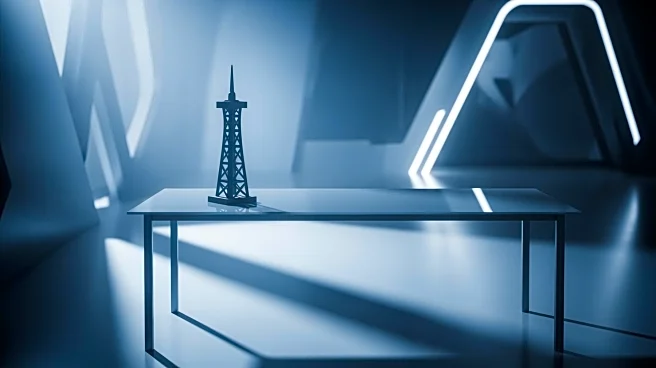What is the story about?
What's Happening?
Mitchell Barnes, the Founder of RYSE 3D, has expressed critical views on the current state of additive manufacturing and employment strategies in the UK. Barnes, who started RYSE 3D after building a 3D printer for a university project, has grown the company to be involved in 23 hypercar programs and employ 27 people. He challenges the reliance on government support in the sector, advocating for innovation and technology investment. Barnes also critiques the immaturity and underutilization of additive manufacturing technology, suggesting the industry is naive to its benefits. Additionally, he questions the educational quality of university courses, preferring to hire ex-apprentices and individuals from unconventional backgrounds, such as baristas and fast food workers, for their process-oriented skills.
Why It's Important?
Barnes' perspective highlights significant challenges and opportunities within the additive manufacturing industry. His call for innovation and self-reliance could influence business strategies, encouraging companies to invest in technology rather than depend on government support. His critique of educational institutions may prompt a reevaluation of how skills are developed and recognized in the industry, potentially leading to more diverse hiring practices. The emphasis on additive manufacturing's potential benefits could drive further exploration and adoption of the technology, impacting sectors reliant on advanced manufacturing processes.
What's Next?
RYSE 3D's approach to hiring and innovation may inspire other companies to reconsider their strategies, potentially leading to shifts in employment practices and technological investments. As Barnes continues to challenge industry norms, his influence could spark broader discussions on the future of manufacturing and education. Companies may begin to explore unconventional talent pools and invest more heavily in technology to remain competitive.
Beyond the Headlines
Barnes' views on education and hiring practices raise ethical questions about the value of traditional education versus practical experience. His approach suggests a shift towards valuing diverse skill sets and experiences, which could lead to more inclusive and dynamic workplaces. The critique of additive manufacturing's maturity may also prompt industry leaders to address technological gaps and improve utilization strategies.
















